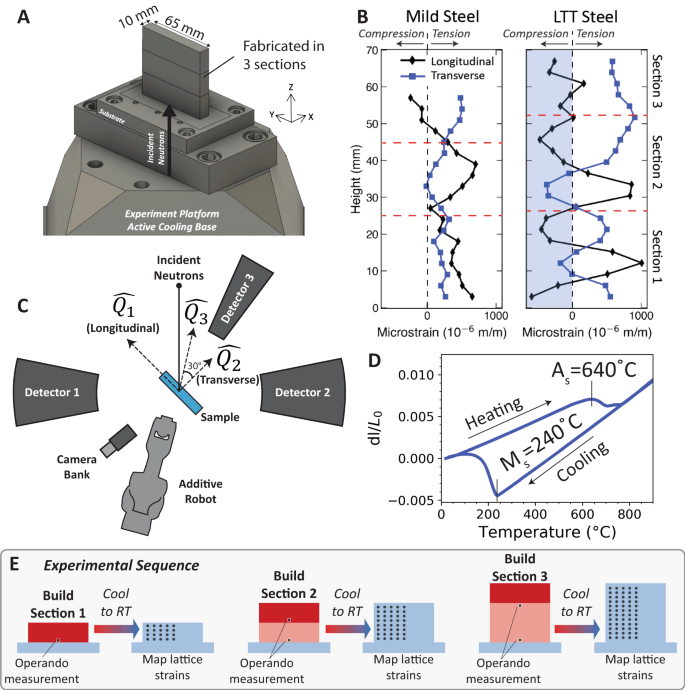2023-10-17 マサチューセッツ工科大学(MIT)
◆この汎用性のある技術は、ロボットが荷物詰め込みなどの複雑なタスクを理解し、制約を満たす方法を学ぶのに使用でき、倉庫での受注処理から家庭の本棚の整理まで多くの異なる環境で応用できる可能性があります。この技術は、継続的な制約の克服課題を解決するのに特に役立ち、他のアプローチに比べて訓練データの量を大幅に減少させます。将来的には、より複雑な状況でのテストや、新しいデータへの再訓練なしに異なるドメインの問題に対処できるようにしたいとのことです。
<関連情報>
- https://news.mit.edu/2023/new-technique-helps-robots-pack-objects-tight-space-1017
- https://arxiv.org/abs/2309.00966
構成拡散に基づく連続制約解消法
Compositional Diffusion-Based Continuous Constraint Solvers
Zhutian Yang, Jiayuan Mao, Yilun Du, Jiajun Wu, Joshua B. Tenenbaum, Tomás Lozano-Pérez, Leslie Pack Kaelbling
arXiv Submitted on 2 Sep 2023
DOI:https://doi.org/10.48550/arXiv.2309.00966

This paper introduces an approach for learning to solve continuous constraint satisfaction problems (CCSP) in robotic reasoning and planning. Previous methods primarily rely on hand-engineering or learning generators for specific constraint types and then rejecting the value assignments when other constraints are violated. By contrast, our model, the compositional diffusion continuous constraint solver (Diffusion-CCSP) derives global solutions to CCSPs by representing them as factor graphs and combining the energies of diffusion models trained to sample for individual constraint types. Diffusion-CCSP exhibits strong generalization to novel combinations of known constraints, and it can be integrated into a task and motion planner to devise long-horizon plans that include actions with both discrete and continuous parameters. Project site: this https URL




